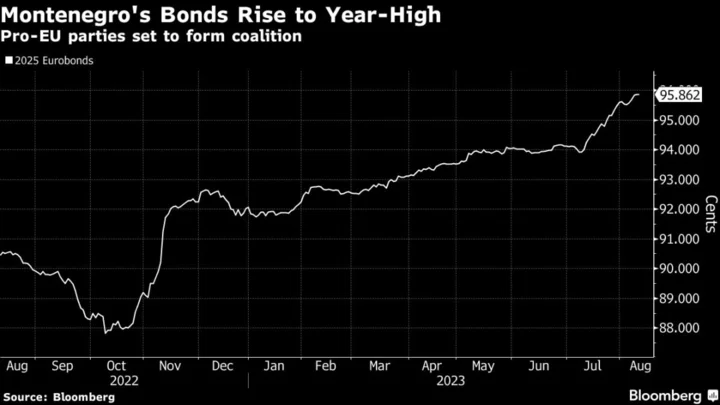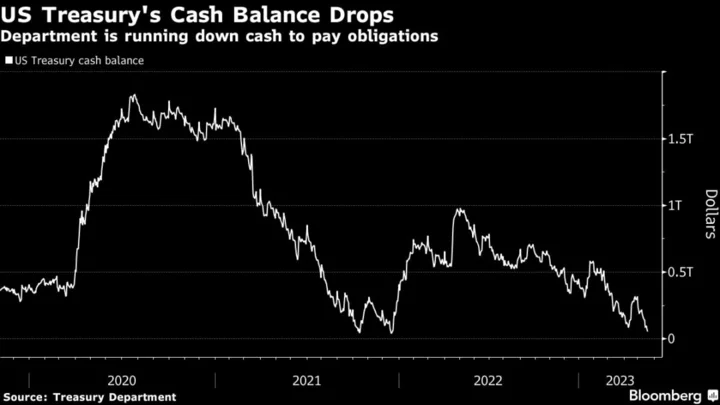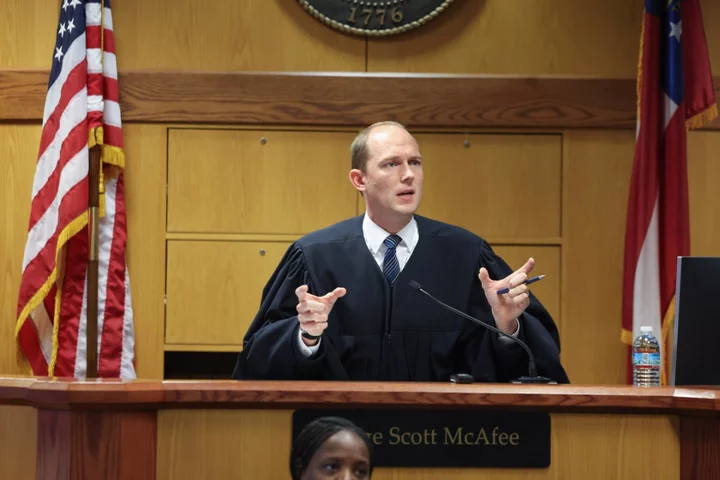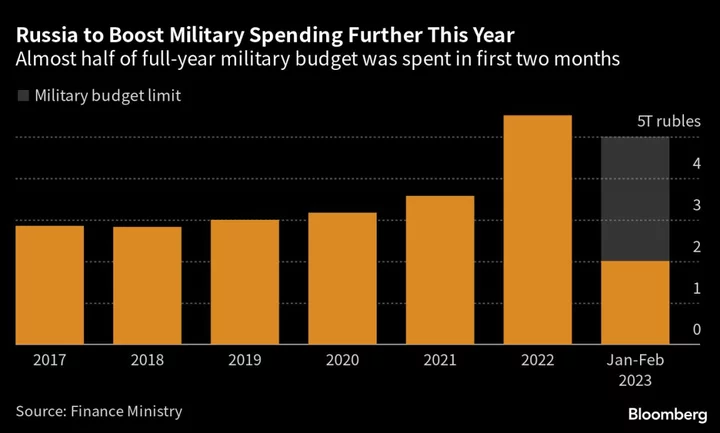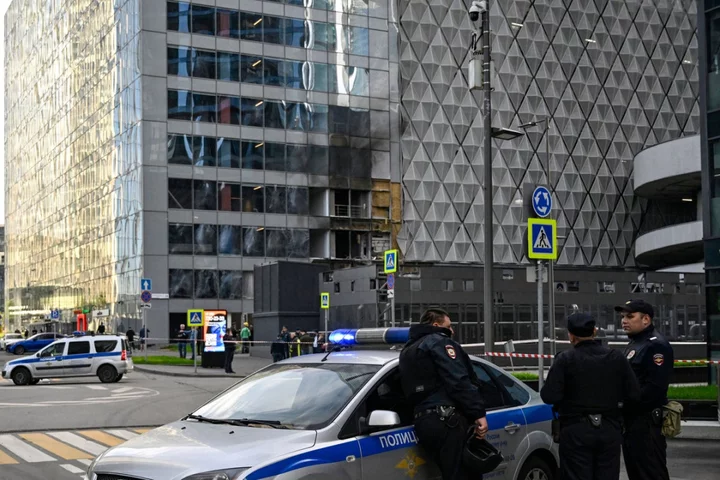Milojko Spajic, a former finance minister and Goldman Sachs Group Inc. credit analyst, was tapped to become prime minister by Montenegro’s president after his party prevailed in general elections.
“Montenegro needs a stable executive to meet many challenges, to strengthen the rule of law, raise living standards and make progress on our path to EU,” President Jakov Milatovic told reporters in the capital Podgorica on Thursday.
Milatovic and Spajic founded the Europe Now party last year, then gained swift popular support on an anti-graft, pro-European Union platform that helped the former win the presidential election in April. In a snap parliamentary ballot in June, the party won the most seats in the 81-member assembly, though not enough to govern alone.
Spajic, 35, is expected to create a ruling coalition with other pro-EU parties and groups representing ethnic minorities. He has ruled out partnering with the once dominant Democratic Party of Socialists, led by former President Milo Djukanovic, who stepped down this year after wielding power in the former Yugoslav republic since the federation collapsed.
Spajic, whose party won 24 seats in the assembly with promises to modernize the Adriatic country of 620,000 and bring it closer to EU membership, told Milatovic that he has support from a 44 lawmakers, the president said. Montenegro is among six Balkan aspirants seeking to join the bloc.
Montenegro’s international bonds have been gaining for much of 2023. The notes maturing in 2025 are trading close to 96 cents on the euro, the highest levels for more than a year, according to data compiled by Bloomberg.
With almost three-quarters of the electorate supporting Montenegro’s bid to join the EU, most parties campaigned on the promise to achieve that goal and to prop up the tourism-dependent economy. Still, an alliance of conservative nationalists who favor ties with neighboring Serbia and Russia won 13 seats.
While serving as a finance minister in the government that collapsed in 2022, Spajic oversaw tax reform and an increase in public wages despite criticism that it could undermine state finances.
Djukanovic, whose group won 21 seats, remains a formidable force given his party’s legacy of helping restore Montenegro’s independence in 2006 with a split from former partner Serbia. He also secured NATO entry in 2017, overcoming resistance from Russia.
--With assistance from Andras Gergely.
(Updates with level of support, bond surge, starting in fifth paragraph.)

